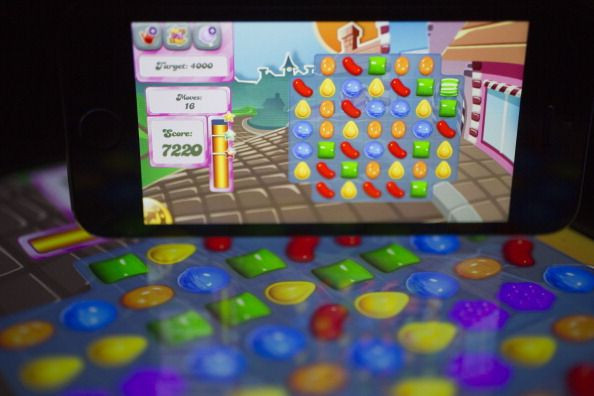China's Billion-Dollar Mobile Games Market Is Ruining Marriages

If video killed the radio star, mobile phones and tablets are killing marriages. China is set to become the world’s top mobile games market by 2016, which is bad news for Chinese couples who cite “mobile addiction” as a growing reason for separation.
According to Tech in Asia, citing a white paper released on Friday by the Global Mobile Game Confederation (GMGC), China will replace mobile gaming revenue leader the United States by next year. China’s mobile gaming revenues are expected to jump from the 2015 estimate of $6.1 billion, sitting just below the U.S.’ projected $6.3 billion, to $7.7 billion next year.
The white paper says the Chinese market is lucrative for mobile app game developers because Chinese user spends more time each day playing games than they do on other applications. Chinese spend more than triple the time of the average American playing games on their phone, at 35 minutes and 11 minutes a day, respectively.
The news coincides with a report by China’s Chongqing Morning Post, which cited anecdotes from millennial couples saying that “mobile addiction” is responsible for much of their marriage troubles, going so far as to call the devices “marriage killers.”
Yang Heming, a family mediation counselor in southwestern Chongqing’s Yuzhong District marriage registration office, says he frequently sees marital troubles begin with mobile phone overuse. According to counselors at China's National Marriage Registration Network, 30 percent of marital crises were triggered by mobile phones or social networks. The Morning Post article argues that the attachment that millennials (or what it refers to as the post-’80s generation) have to their phones diminishes communication within relationships and creates more opportunities for extramarital affairs.
Coincidentally, the southwest city of Chongqing also is home to the world’s first “mobile phone lane.” The designated pedestrian path for people who can’t take their eyes of their phones while walking was created in a bid to reduce accidents involving bicycles and vehicles.
© Copyright IBTimes 2024. All rights reserved.






















